- Energy cooperation lays a solid foundation for Mongolia's green economy transformation and renewable energy exports
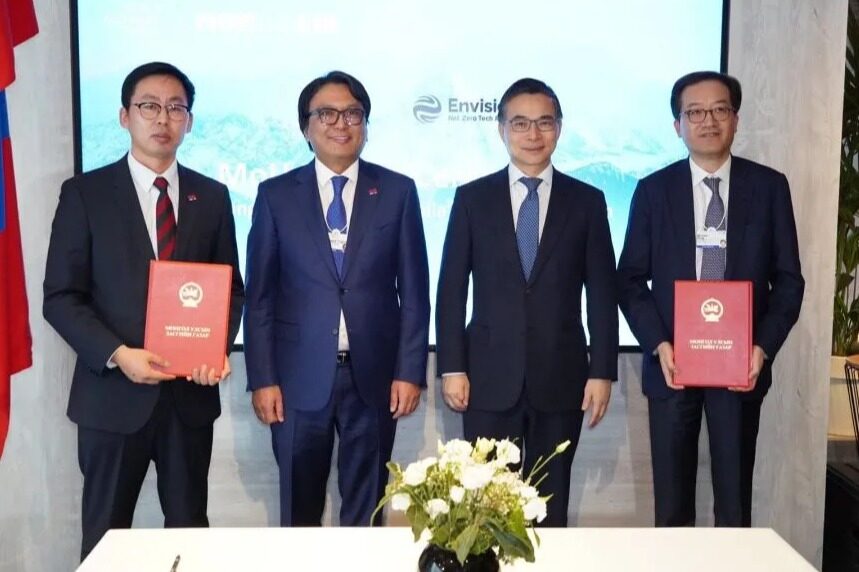
On January 23, 2025, Dorkand Togmid, Deputy Prime Minister and Chairman of the National Energy Commission of Mongolia, held a series of meetings with senior officials from Saudi Arabia and the United Arab Emirates, as well as Chinese business leaders, during the World Economic Forum in Davos, Switzerland, with the aim of deepening energy cooperation and laying a solid foundation for Mongolia's green economy future.
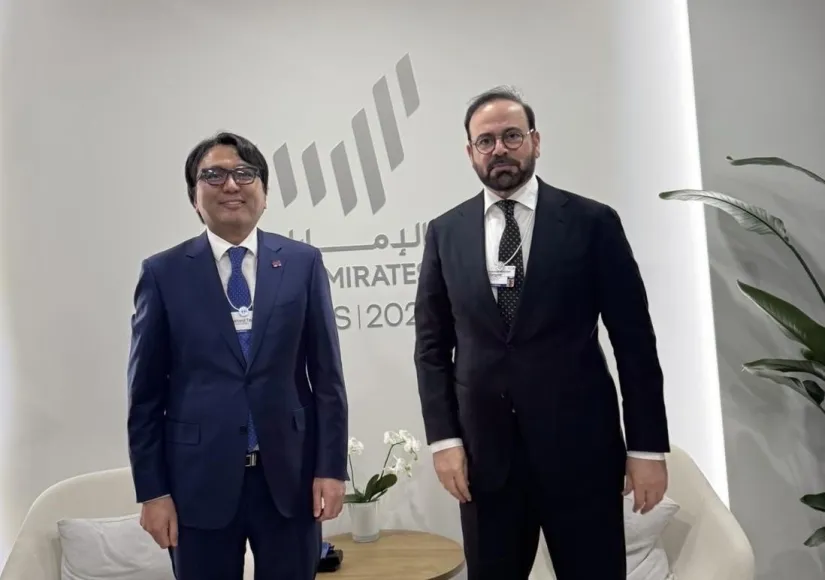
Promote multi-party dialogue and cooperation
Vice Prime Minister Dorkand provided a detailed introduction to the 14 large-scale projects currently being implemented by the Mongolian coalition government, emphasizing their enormous investment potential. Minister Khalid has shown a strong interest in investment opportunities in Mongolia, particularly in the field of renewable energy. Both sides unanimously agreed to accelerate the signing of intergovernmental energy cooperation agreements and memorandums to achieve mutual benefit and win-win outcomes.
Subsequently, Deputy Prime Minister Dolkand held talks with UAE Cabinet Affairs Minister Mohammed Abdullah Al Ghargawi, discussing specific topics for launching the next phase of energy dialogue, including implementing the memorandum of understanding signed between Mongolia, UAE Ministry of Energy, and renewable energy company MADSAR. The UAE minister also proposed the establishment of a joint economic committee between the two countries and invited Mongolian leaders to attend the upcoming "World Government Summit" in Dubai.
The Rise and Challenges of Green Energy
Mongolia has abundant renewable energy resources, including wind, solar, and geothermal energy. According to data from the International Energy Agency, Mongolia has a wind energy potential of up to 1100 gigawatts and highly competitive solar energy resources. However, the limitations of geographical location and inadequate energy infrastructure limit its energy output capacity.
With the rapid development of the global renewable energy market, Mongolia has ushered in new opportunities. The transition to a green economy has become a mainstream trend, and international capital and technology are accelerating their influx into emerging markets. The Mongolian government has also formulated ambitious development strategies such as the "2050 Vision" and the "New Recovery Policy" aimed at promoting green energy investment and exports.
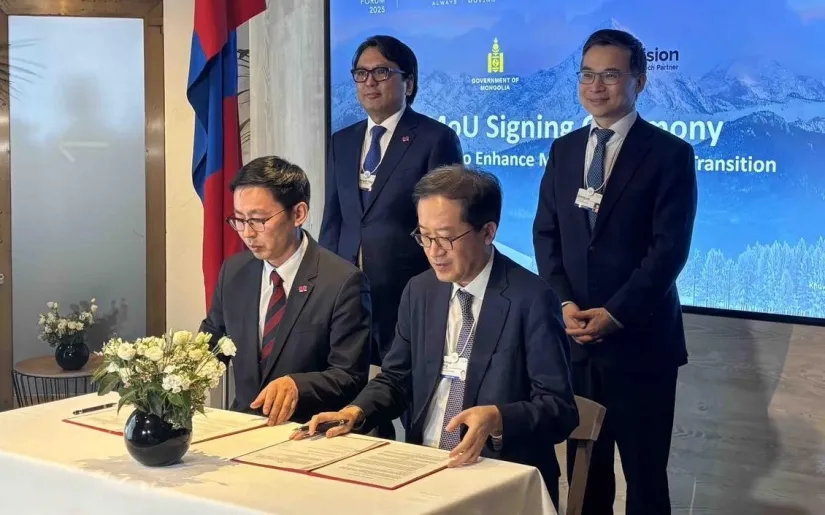
Envision Group leads cooperation
During the Davos conference, the Mongolian National Energy Commission signed an important memorandum of understanding with China's Envision Group to plan the construction of a 500 MW battery energy storage station. This project will support the modernization of Mongolia's domestic energy infrastructure, significantly enhance its renewable energy export capacity, and create a large number of green employment opportunities.
Zhang Lei, Chairman of Envision Group, stated that Envision Group's mature green technology solutions will help Mongolia fully tap into its potential and contribute to regional energy security and economic growth. In addition, Envision Group has partnered with the International Finance Corporation to advance a 50 MW/200 MWh energy storage facility project in Baganur District. The project is financed through Ulaanbaatar city bonds and is planned to be put into use before the winter demand peak, demonstrating the strong execution capability of Mongolia's green energy strategy.
The Davos summit provides an important opportunity for Mongolia to deepen energy cooperation and promote the transformation of green economy. The Mongolian government will continue to work together with international partners to create a new chapter in green energy cooperation.(This article is from the official website of Jian Dao www.seetao.com. Reproduction without permission is prohibited, otherwise it will be prosecuted. Please indicate Jian Dao website+original link when reprinting.) Jian Dao website strategy column editor/Miao Ting
Comment
 Praise
Praise
 Collect
Collect
 Comment
Comment
 Search
Search


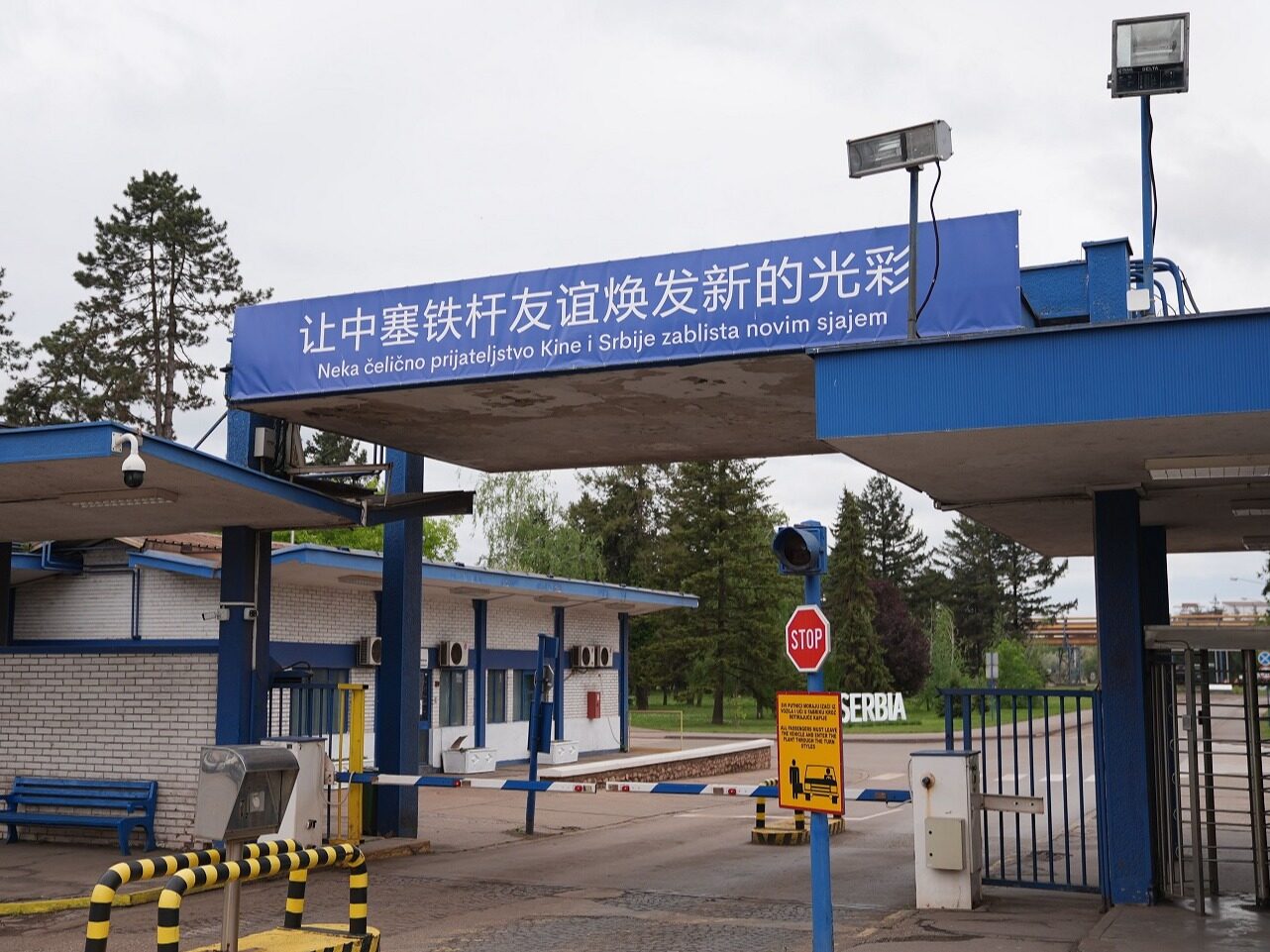
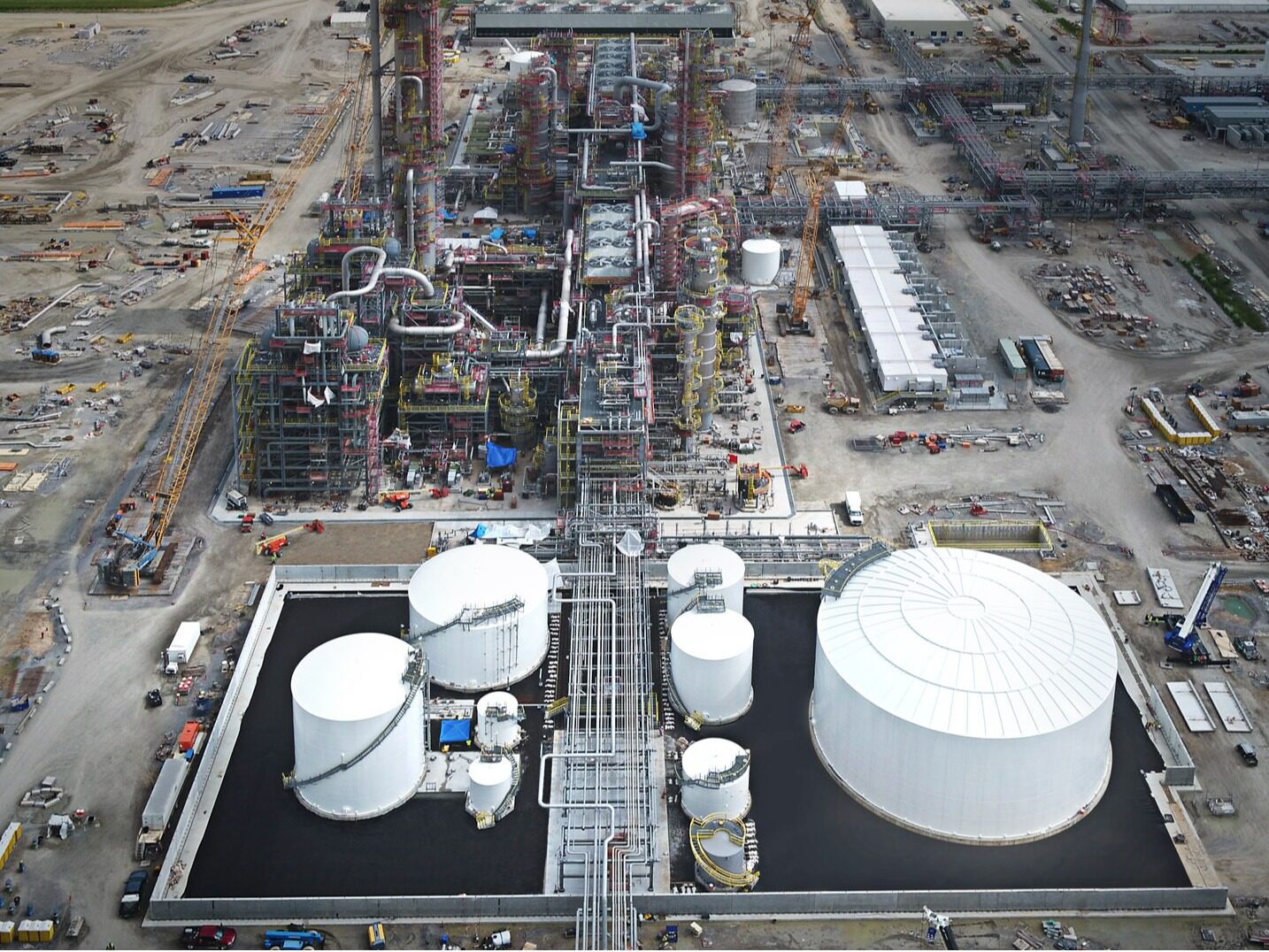
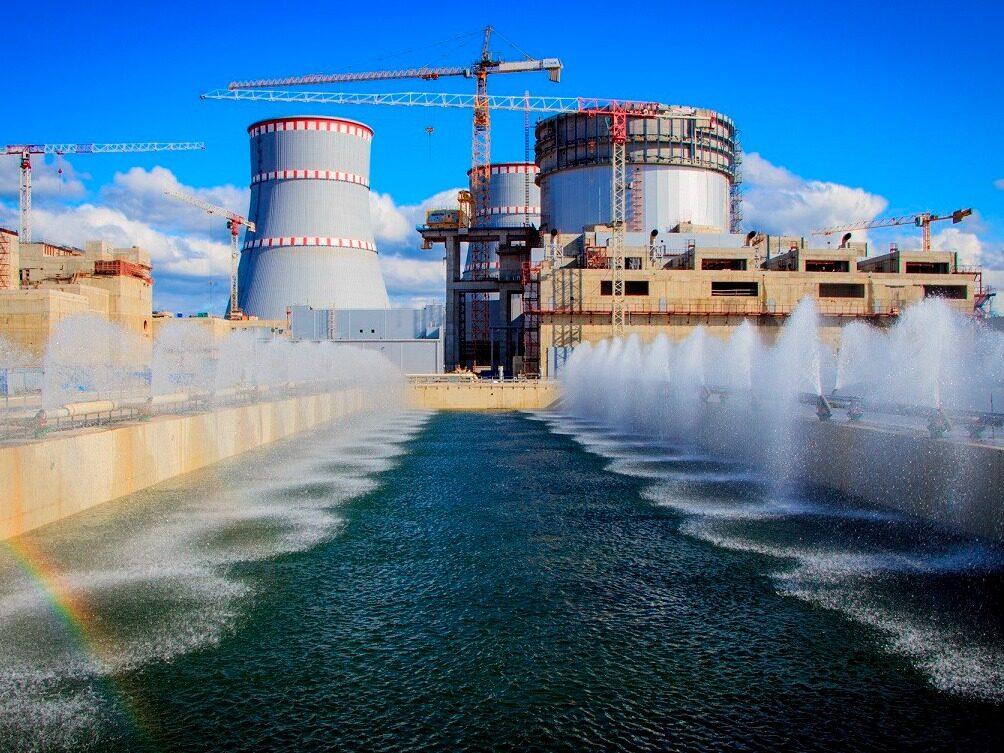
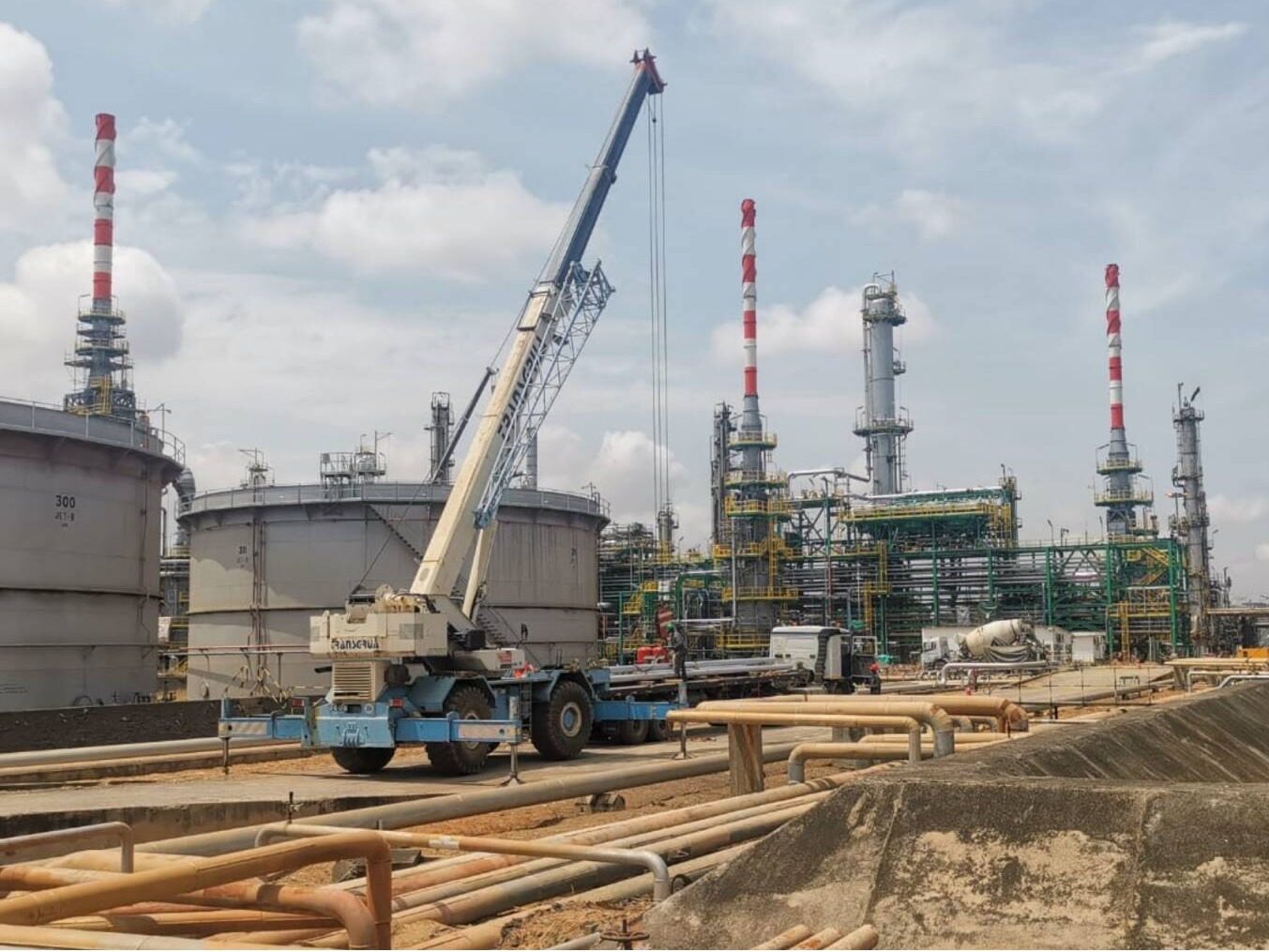
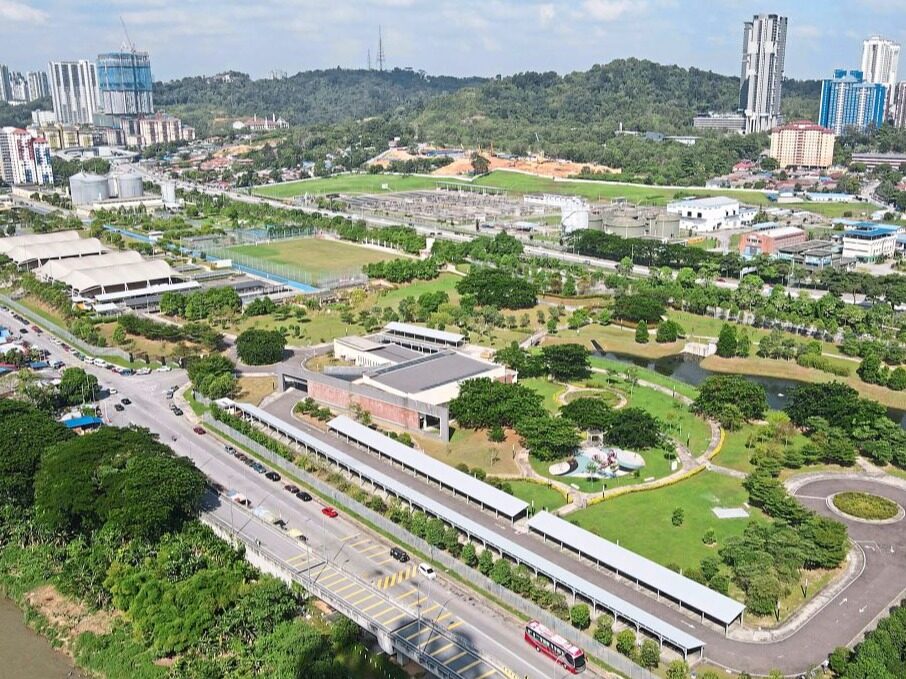







Write something~